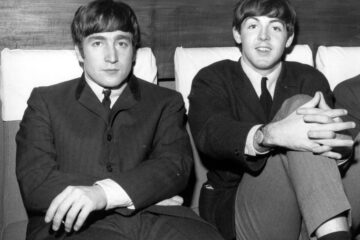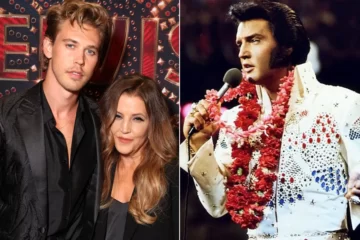Throughout his tragically short life, John Lennon learned a lot. In the early days, he learned the power of creative expression, which hinged on his internal Liverpudlian rebellious nature, before maturing into the kind of musician who used his platform to challenge convention and provoke thought. His formative years were compounded by fast learning, often in short spaces of time, but his latter years taught him the power of something priceless—grace.
Throughout his career, the coveted Beatle recorded around 400 songs. Each seemed like a completely unique entity, not just sonically but in terms of the process of putting them together. Many stories centre around the tumultuous nature of the Fab Four in the recording studio and the disagreements that would often take place, but Lennon always followed his heart and mind, regardless of how that came across to others.
For instance, while his bandmates were often concerned with injecting their distinctive uniqueness into the music, Lennon had a pretty clear idea of what he appreciated and what others should appreciate, too: the idea of togetherness. Aside from the obvious tracks, like ‘Imagine,’ Lennon’s gravitation towards unity centralised his entire belief system, setting him on a path to the ultimate graciousness.
In the moments leading up to his death, Lennon had learned a lot, like the fragility of peace, the depths of love, and the power of resigning yourself to whatever fate befalls you. For instance, Lennon didn’t care much for the subject of death, mainly because he felt death didn’t really signify the end. In fact, he once likened the notion to “getting out of one car and into another.” Passing away didn’t bother Lennon because, for the most part, he had already discovered comfort in appreciating life.
In the moments leading up to his death, Lennon learned a lot, including the importance of never, not for one moment, taking anything for granted. The singer’s final album before his death, Double Fantasy, is filled with these last-minute revelations, including the power of acknowledging the beauty of those around you. In ‘Woman’, for instance, Lennon details his appreciation for his wife, Yoko Ono, underscored by subtle remorse about everything he had ever done to hurt her.
Speaking with Rolling Stone just days before his death, he explained the epiphany he experienced while writing the song. This epiphany tinted his forthcoming death with an element of bittersweetness, not only in terms of realising life’s impermanence but also as he realised that, despite his struggles, he had finally found a deeper sense of peace. “‘Woman’ came about because, one sunny afternoon in Bermuda, it suddenly hit me what women do for us,” he said.
Continuing, “Not just what my Yoko does for me, although I was thinking in those personal terms… but any truth is universal. What dawned on me was everything I was taking for granted. Women really are the other half of the sky, as I whisper at the beginning of the song. It’s a ‘we’ or it ain’t anything.”
Lennon might have spent most of his life learning and ruminating, but these words, spoken in his final moments, signified that he was always striving to broaden his mind and eclipse all negativity with positivity and grace. He might have slipped up once in a while and forgotten to appreciate those around him, but ultimately, he found his way back to what mattered before it was too late.



